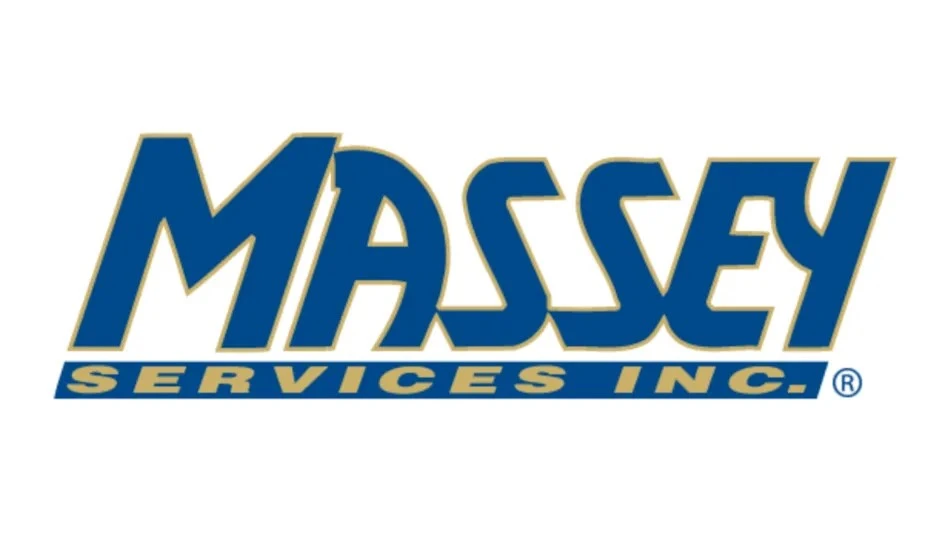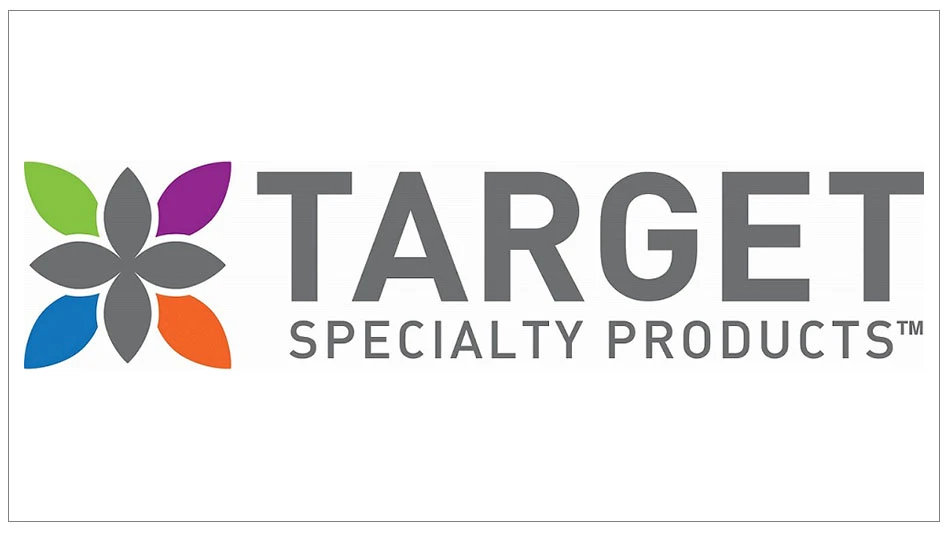Pre-online training, the cost to keep a PMP trained and licensed often came with extra expenses of transportation and lodging, not to mention the financial implications of having a technician off the road for a day or more.
Tim Horgan, service manager at Debug Pest Control in Smithfield, R.I., said online training is the most affordable option for keeping his technicians certified. Before using virtual resources, Horgan was forced to take his techs off the road for two or three days at a time to attend in-person seminars.
“And even if they're not staying at the location, they've got to drive up there,” Horgan said. “So that's man hours I can't get back.”
The convenience of online training, he said, “is not only can you educate your team, which they can do after work at home, but also, I can do it without ever taking them off the road, and I can obtain credits for their license. And that's really the most important thing, because the biggest thing in this field is as you progress and you get more licenses, you've got to maintain the credits to keep up on the license.”
A 2019 survey of 230 global training professionals by Association for Talent Development revealed that 81 percent of companies use remote training to save on travel costs.
Last year, the National Pest Management Association’s annual PestWorld conference went virtual due to the COVID-19 pandemic. Horgan attended the virtual sessions, and although he said he missed some of the in-person experiences that typically come with the event, he appreciated the convenience of listening to speakers and visiting virtual kiosks from the comfort of his office.
“It's all about convenience,” Horgan said. “It's just so much easier, especially with a big event like PestWorld. Sometimes it's in New York; sometimes it's in Boston; sometimes it's out in Hawaii. You know, I can't get to Hawaii. Just the plane ticket alone is going to be big money.”
He said more of Debug’s employees attended PestWorld than ever before due to the online format.
“It still has a cost when you do it virtually, but you don't have to factor in things like airfare, and that helps save enough money where I could send more people to it,” Horgan said.
In a recent marketplace survey, a significant number of PMPs indicated that online training was one of the most important digital services to their company. Stu Lowe, owner of Preventive Pest in Anaheim, Calif., said the main reason he uses online learning resources is to keep his techs certified. He estimates that 80 to 90 percent of his staff’s continuing education hours come from online training.
Companies that invest in their employees’ training are more likely to retain team members. A national survey of 1,433 full-time employees by The Harris Poll in 2019 found that 70 percent of employees are at least somewhat likely to leave their current company and accept an offer with a new company known for investing in employee development.
Dedication to employee education helps the bottom line, too. Gallup found in a 2020 study that organizations that made a strategic investment in employee development reported 11 percent greater profitability.
Online training is on-demand, giving PMPs flexibility in their busy schedules. They can take courses on weekends, at night, during rainy days or during the off-season without needing to cut into work hours.
“Our guys are able to do them in between appointments, after appointments and after hours,” Lowe said. “It's so much easier for us to be able to do it on-demand rather than in person in a big group setting.”
His company uses online training as part of its employee onboarding process before technicians are even licensed.
“And then after they've been licensed, they will continue to take those courses over the next year or two until they need to submit their hours for CEUs to renew their licenses,” Lowe said.
Many online learning resources allow managers to keep track of employee training and CEUs, allowing them to focus on sustaining and growing the business. Debug tracks each of its employees’ licenses and the certifications they have under that license.
“As we get to a certain point, like six months out, where we notice it's approaching where the renewal is and they need those credits, what I'll do often is I'll sign the guys up for a class,” said Horgan.
Though one praise of in-person learning is the interactivity it fosters, Horgan said the virtual trainings still keep his employees engaged.
“They do a nice job of making sure that you have to pay attention,” said Horgan. “They set tabs on it so that you have to hit next slide, or if you don't hit next slide, it will just deactivate.”
Upon completion of a course, employees receive a printable certificate documenting the credits, which can be submitted to the state to maintain certification.
JP Pest Services in Milford, N.H., has its own advancement levels for employees: service professional one, service professional two and associate certified entomologist.
“We have to have folks that are lifelong learners that really take their profession seriously and are living it, advancing it every day and questioning,” said Gary Nielsen, JP Pest Services’ director of training.
This is where virtual learning comes into play. Nielsen’s employees use online courses to advance levels and study for the ACE exam.
“It's more than just passing the exam,” Nielsen said. “It's also being qualified in terms of the service you provide, your record and so on.”
Latest from Pest Control Technology
- CAPMA Hosts 2025 Legislative Day in Sacramento
- Grizz Pest Management Bartends for a Cause
- Rose Pest Solutions Becomes Official Pest Provider of Chicago Fire FC
- WSPMA Hosts Legislative Day at Washington State Capitol
- A-1 Pest Control Marks 59 years in Business
- Hawaii PCO Shares Regulatory Challenges, Business Impacts from Lahaina Wildfires
- 5 Tips for Reducing Waste in the Office and in the Field
- OvoControl Now Available in Chile





